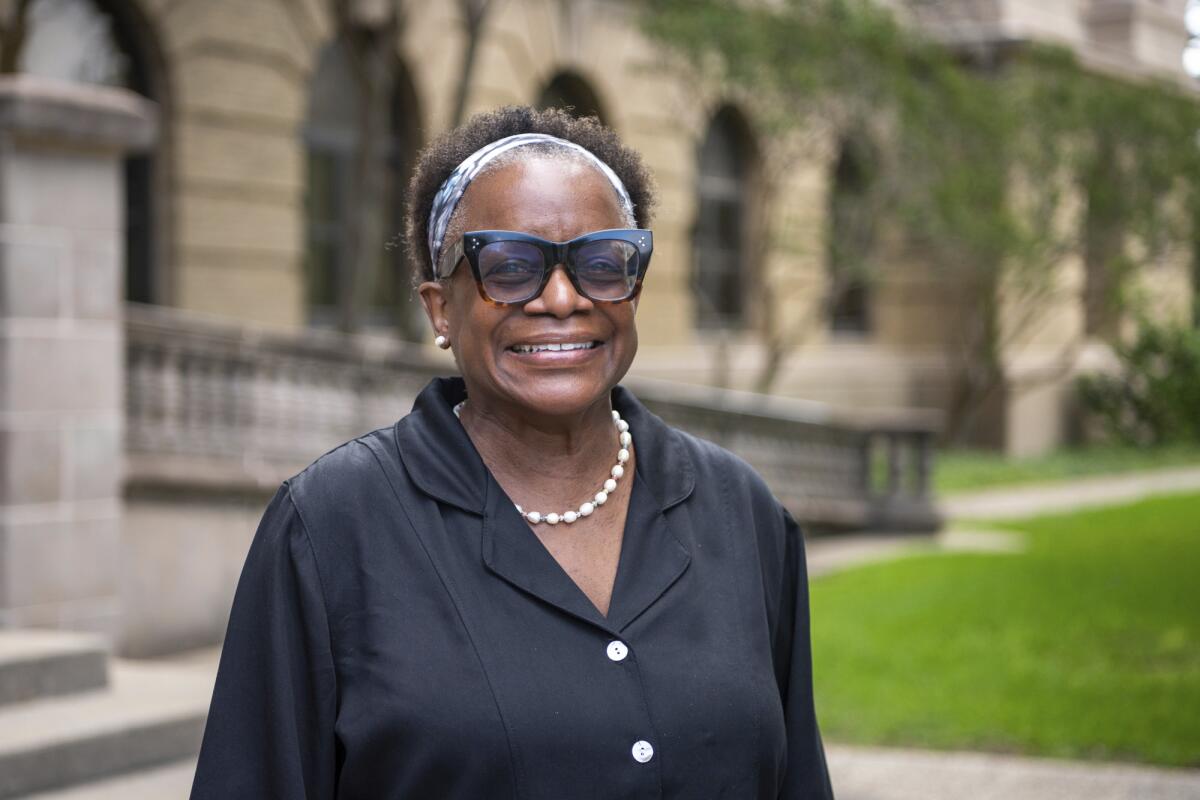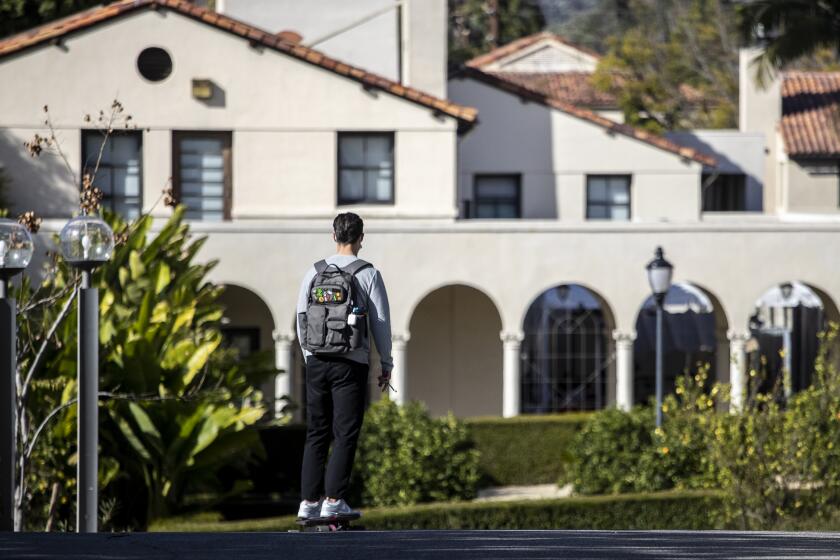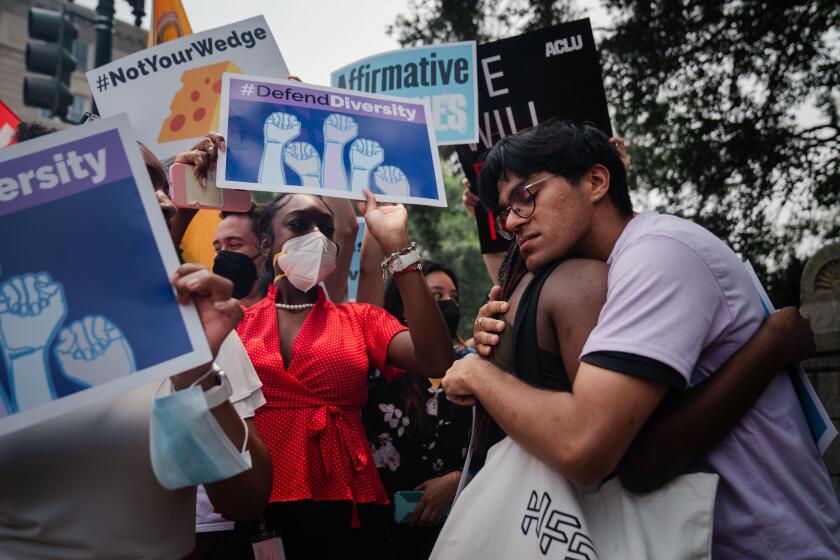Texas A&M reaches $1-million settlement with Black journalism professor

AUSTIN, Texas — Texas A&M University reached a $1-million settlement Thursday with a Black journalism professor whose hiring was sabotaged by backlash over her past work promoting diversity.
The nation’s largest public school agreed to pay Kathleen McElroy and apologized to her while admitting “mistakes were made during the hiring process.”
Texas A&M, which is located in College Station, about 90 miles northwest of Houston, initially welcomed McElroy with great fanfare to revive its journalism department in June. A former New York Times editor and Texas A&M alum, McElroy had overseen the journalism school at A&M’s rival — the more liberal University of Texas at Austin.
But McElroy told the Texas Tribune last month that soon after her hiring, she learned of emerging internal pushback from then-unidentified individuals over her past work to improve diversity and inclusion in newsrooms.
The Supreme Court’s ban on affirmative action has triggered angst on campuses about how to promote diversity without considering race in admissions decisions.
According to investigation documents released Thursday, those individuals included at least six board of regents members who began “asking questions and raising concerns about McElroy’s hiring” after Texas Scorecard, a right-leaning website, highlighted her past diversity, equity and inclusion work.
The website’s article “generated numerous calls and emails to the President’s Office at TAMU” from current and former students “raising questions about why a DEI proponent would be hired to serve as director of the new journalism program,” a summary of the school investigation said.
Shortly afterward, the university’s president Katherine Banks and a school dean began discussing changes and reductions in the job offer to McElroy.
McElroy told the Tribune that the initial offer of a tenure-track position was reduced to a five-year post and then reduced again to a one-year position from which she could be fired at any time. She ultimately rejected the offer and withdrew her resignation from UT-Austin as a journalism professor.
Banks later told university faculty she had not been involved in making any changes to McElroy’s contract offer.
Shortly after events around her hiring became public, Banks resigned and the university began an investigation into the matter. The school’s board of regents later approved negotiating a settlement with McElroy.
In another major reversal, the Supreme Court forbids the use of race as an admissions factor at colleges and universities.
The Texas A&M episode came as Republican lawmakers across the U.S. are targeting diversity, equity and inclusion programs on college campuses and as the U.S. Supreme Court struck down struck down affirmative action, ruling that race cannot factor into college admissions processes.
It also drew fierce criticism from some corners of academia and questions whether external political influences could have a chilling effect on campus free speech.
American Assn. of University Professors President Irene Mulvey, a mathematics professor at Fairfield University, had criticized the handling of McElroy’s hiring and called efforts against diversity, equity and inclusion in higher education a “misguided culture war.”
In a joint statement with McElroy announcing the settlement, the university said the school “has learned from its mistakes and will strive to ensure similar mistakes are not repeated in the future.”
McElroy called the matter “resolved.”
“I hope the resolution of my matter will reinforce A&M’s allegiance to excellence in higher education and its commitment to academic freedom and journalism,” she said.
More to Read
Sign up for Essential California
The most important California stories and recommendations in your inbox every morning.
You may occasionally receive promotional content from the Los Angeles Times.












